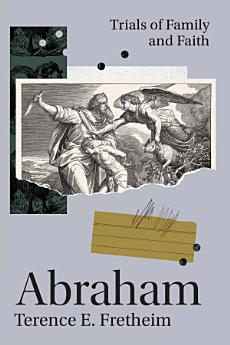Abraham: Trials of Family and Faith
આ ઇ-પુસ્તક વિશે
Abraham, called "the father of a multitude" (Gen 17:5), lives up to his name as the patriarch of three major religious traditions. Fretheim examines Abraham's family and assesses the significant roles it plays across Judaism, Christianity, and Islam. In addition, Fretheim contributes to the increasingly important interreligious dialogue surrounding Abraham by examining the continuing conversation among Muslims, Christians, and Jews about the place of Hagar and Ishmael in Abraham's family.
Relating biblical narrative to theological concerns, Fretheim wrestles with such controversial concepts as God's selection of an elect people, the gift of land and other promises, the role of women and outsiders, the character of God, and the suffering of innocents. Throughout the text, Fretheim frames the narrative as rooted in the trials of family and faith that define Abraham as the father of three religions.
લેખક વિશે
Terence E. Fretheim was an Old Testament scholar and the Elva B. Lovell Professor of Old Testament at Luther Seminary. He published numerous books, including About the Bible: Short Answers to Big Questions (Augsburg, 1999) and The Bible as Word of God: In a Postmodern Era (Fortress, 1998).






